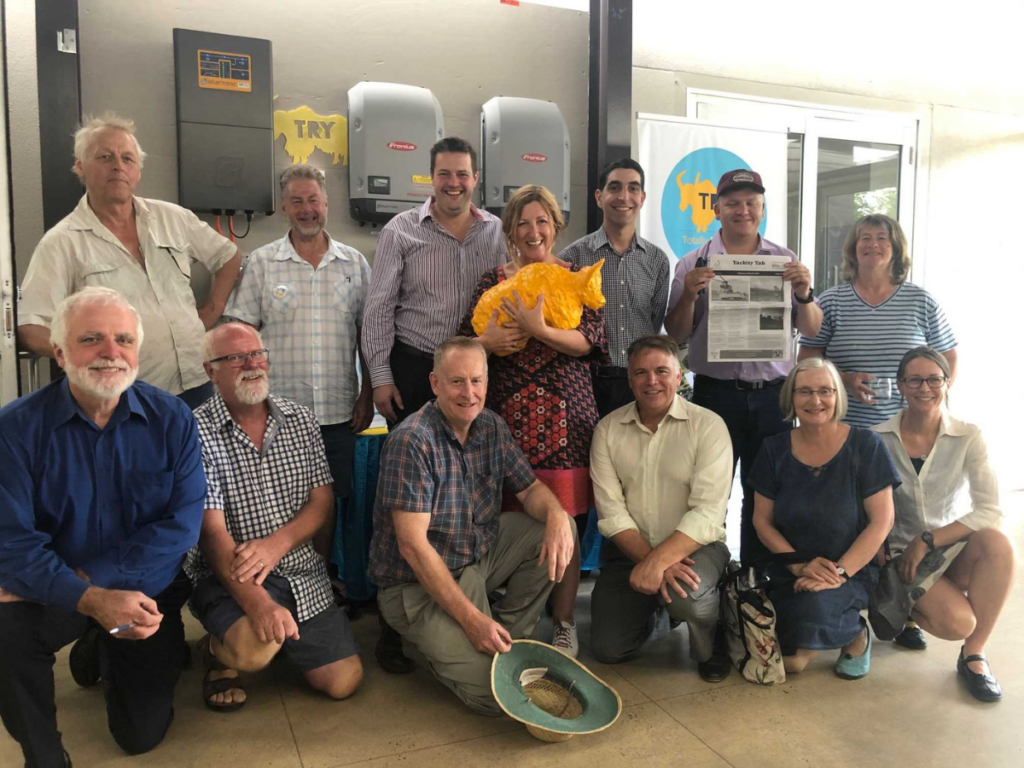Foundation for Rural & Regional Renewal (FRRR)
Grants up to $20,000 available for community-led initiatives
Remote, rural and regional not-for-profit organisations (NFPs) seeking to implement practices and solutions that reduce the impact of the changing climate can now apply for grants up to $20,000 through FRRR’s new Community Led Climate Solutions program (CLCS).

The grants can fund community-driven projects that educate and engage local people to reduce emissions, adopt clean energy practices, low carbon power sources, and embrace reuse and regenerative practices. Funding can also support solutions that deliver sustainable agriculture and food systems, biodiverse ecosystems, or activities designed to maintain the livelihoods of people reliant on industries in transition.
Sarah Matthee, General Manager, Partnerships & Services at FRRR, said many rural communities are eager to capitalise on cleaner and more sustainable climate solutions but often have limited access to funding or simply don’t have the capacity to investigate options.
“By offering flexible funding that is focused on community-led climate solutions, we want to enable NFPs to develop local solutions that respond to and mitigate the impacts of a changing climate in a way that is meaningful and responsive to the needs their community.
“Thanks to generous seed funding from Boundless Earth and Hand Heart Pocket, there is more than $300,000 available across the coming rounds of the Community Led Climate Solutions program. Our donor partners are committed to funding community-led solutions that reduce emissions and address the impacts of climate change and we are pleased to be working with them to fund local initiatives that will help drive positive and sustainable environmental, social and economic outcomes for rural Australia. We welcome further contributions to this collaborative pool to grow the impact that can be generated across rural Australia.
“In terms of examples of what the program can fund, there are several initiatives that FRRR has previously supported, which we think could inspire other communities. For example, Augusta Margaret River Clean Community Energy Incorporated received funding to undertake a dairy waste energy study, ahead of planning for an aggregated biogas and renewable power grid-connected facility. We’ve also funded free informative workshops on energy efficiency and renewable energy in small Victorian towns.
“You may have had a climate solutions project in mind for a long time but haven’t known where to go for support. We encourage people to think outside the box, reflecting on what your community needs most, to address and mitigate the impacts of climate change,” Ms Matthee said.
Applications for the Community Led Climate Solutions program close Thursday, 30 November 2023 at 5 pm AEDT. More information can be found at frrr.org.au/community-led-climate-solutions/.

